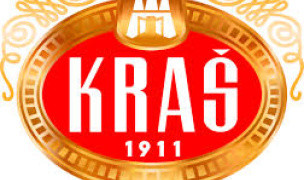 23 Terms
23 TermsHome > Industry/Domain > Biology; Medical > Human genome
Human genome
The human genome consists of 23 chromosome and the small mitochondrial DNA. 22 of the 23 chromosomes are autosomal chromosome pairs and the last one being a gender-determining pair. In total, the human genome contains the sequences of the 3 billion chemical base pairs that make up human DNA and approximately 20,000-25,000 genes. By understanding human genome, scientists are able to develop new medical applications that can significantly advance the state of health care.
Contributors in Human genome
Human genome
Autoantibody
Medical; Human genome
An antibody active against a tissue constituent of the individual producing it.
Beta sheet
Medical; Human genome
In a b-sheet two or more polypeptide chains run alongside each other and are linked in a regular manner by hydrogen bonds between the main chain C=O and N-H groups. The R-groups (side chains) of ...
Bronchus
Medical; Human genome
1) Either of the two primary divisions of the trachea that lead respectively into the right and the left lung. 2) A large air passage that leads from the trachea (windpipe) to the lung.
Cell cycle
Medical; Human genome
1) The complete series of events from one cell division to the next. 2) A cell cycle is a series of events that takes place in a cell as it grows and divides. A cell spends most of its time in ...
Blood coagulation factor
Medical; Human genome
1) Endogenous substances, usually proteins, that are involved in the blood coagulation process. 2) Factors in the blood that are essential for blood coagulation. The absence or mutation of these ...

